Strangely enough, cancer patients across the world seem to have come to terms with the fact that the most effective treatment against cancer - chemotherapy - actually destroys their immune system. In Latvia, however, a breakthrough virotherapy called Rigvir has been doing wonders since 2004. This new treatment, which breaks down cancer cells, simulates the immune system and promotes cancer cell suicide, will soon be brought to the rest of Europe partly thanks to EU support under Horizon 2020.
The company continues to make good progress, a little less than a month after having received Fast Track designation from the Food and Drug Administration (FDA) for its QR-010 molecule. Co-funded under H2020, QR-010 is expected to treat cystic fibrosis (CF) patients who carry the common ∆F508 mutation — that is, 70 % of CF patients.
EU-funded researchers have examined new ways of rapidly detecting infectious pathogens - such as rabies and influenza - in order to prevent pandemics.
With the start of the 2016 Summer Olympic Games in Rio de Janeiro, the use of the ancient ‘cupping’ technique by various athletes, to supposedly improve their recovery time and allow for better performance, has been one of the most commented upon aspects of the Games thus far. However, scientists are divided over whether or not the technique has actual physical benefits beyond the creation of a placebo effect.
ANGLE plc’s Parsortix, which was granted a European patent in March 2016, harvests circulating cancer cells from blood for further medical analysis. Its use is an essential step in research under the GANNET53 project, which bets on a second generation Hsp90 inhibitor to improve metastatic ovarian cancer survival rates.
EU-funded research has found that we are more susceptible to infection at certain times of the day as our natural body clock affects the ability of viruses to replicate and spread between cells.

Recent advances in genomic characterisation help identify biomarkers for cancer prognosis and potential therapeutic targets. Understanding the molecular changes linked to liver cancer development enable the design of novel targeted therapies.

Neurons in our brain are crucial for information processing but their study is a complex endeavour. EU funded researchers developed optogenetic tools to overcome associated technical issues.
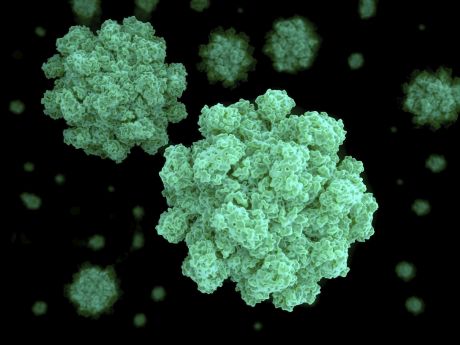
European researchers worked on novel anti-retroviral drugs against HIV. Their deliverables offer enhanced protection against virus transmission.

Arrhythmias are abnormal cardiac electrical rhythms that are difficult to predict and potentially life threatening. Current therapies include antiarrhythmic drugs and implantable cardioverter-defibrillator (ICD) devices that have limited efficacy.

Despite numerous successes, vaccine development for many diseases poses a great challenge. Ongoing efforts to improve vaccine effectiveness include the optimisation of adjuvant substances.
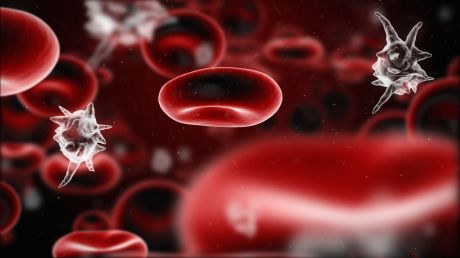
Nanoparticles are increasingly being used in medicine. Their exploitation as anti-cancer therapeutics requires that they are homogeneously delivered to their target.
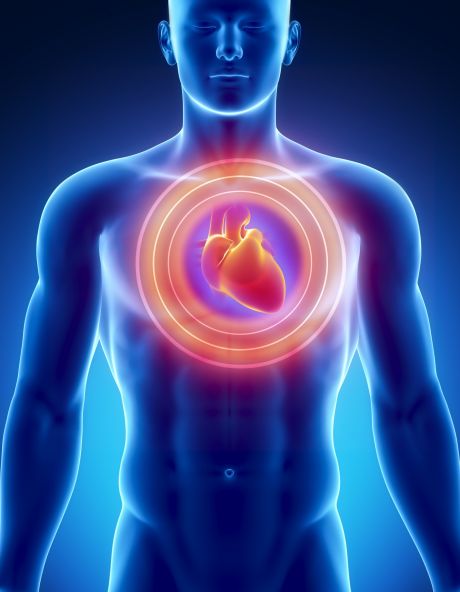
Atherosclerosis is a major cause of death in developed countries. To understand disease pathobiology and the underlying biological processes, a European study developed an integrated computational model framework.

Development of a prophylactic vaccine that stops HIV infection remains a high priority. A novel safe and effective approach to induce immune response against HIV is in the pipeline thanks to EU research.

Recent advances in DNA and RNA sequencing have transformed the field of genomics, making it possible to generate large amounts of data rapidly and at low cost. Now, EU-funded researchers have developed the statistical tools needed for the analysis of hundreds of gigabytes of data produced in each single sequencing run.
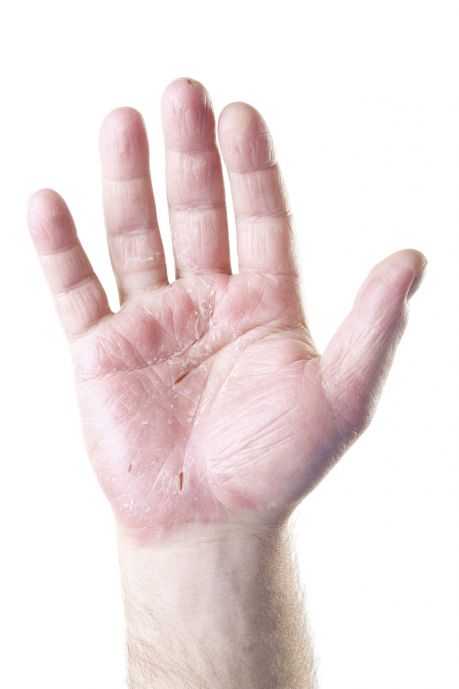
Insight into the early processes underlying chronic inflammation could aid in understanding the onset and progression of allergic or autoimmune diseases.

A European network investigated Notch signalling in health and disease. Apart from mechanistic insight into the pathway, the results of the study carry significant translational potential.

Mitochondrial DNA deletions are emerging as the underlying cause in many diseases. A European study will unveil how mitochondrial DNA gets damaged and investigate the mechanisms for repair or prevention

Never before has healthcare relied so much on rapid and reliable diagnostic tools. An international alliance worked towards this goal by developing new nanotechnology-based sensors for detecting markers in body fluids.

New molecular analysis technologies have facilitated the identification of novel protein networks as therapeutic targets. Combining systems biology and animal modelling, a European study has investigated cilia function in health and disease to discover novel therapies.

European researchers investigated the complex process of cancer metastasis, paying particular attention to the role of macrophages.

A large European network set out to comprehend the emergence and spread of vector-borne diseases (VBD). Their results have important health consequences.

The next revolution in medicine entails a shift towards predictive diagnostics and individualised therapies. In this context, European researchers identified novel targets for the treatment of cardiovascular diseases (CVD).
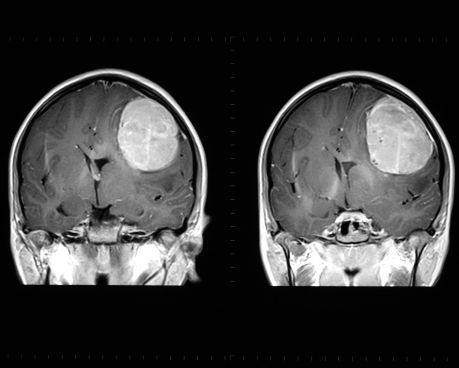
Clinical management of a number of cancers relies on prompt and accurate diagnosis. European researchers worked towards this goal by developing novel diagnostic tools.

An EU research project has investigated how the genomes of cells in the body, somatic cells, become varied and form a mosaic. One source is the action of jumping genes or transposable elements (TEs).


















